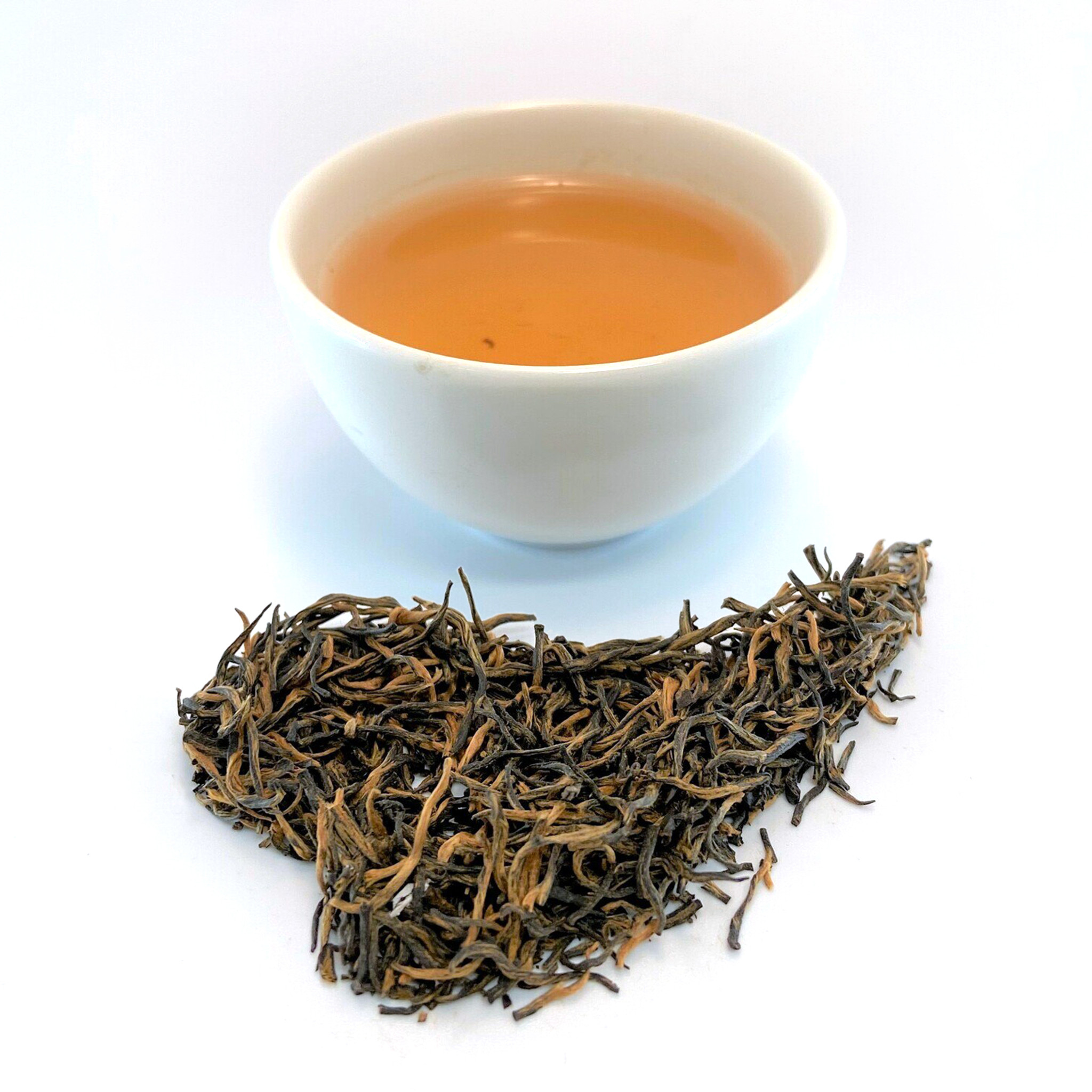china black tea
- Blog
- china black tea
green tea
tea. Sounds fancy, right? But honestly, my journey into the world of this stuff has been way less “tea ceremony” and way more “accidentally-discovered-a-really-good-brew-while-raiding-the-cupboard.” I’m not a tea snob – I’m the kind of person who happily drinks instant coffee in the morning and then switches to whatever tea bag is closest to my hand in the afternoon. But even I can appreciate a good cuppa, and China black tea has surprisingly won me over.
My first encounter wasn’t exactly glamorous. I was cleaning out my pantry (a surprisingly exciting event, I know), and unearthed a dusty tin labeled something like “Imperial Black Tea – Yunnan Province.” Sounded fancy, but I had no idea what that meant. I figured, “What the heck,” and brewed a cup. The result? A surprisingly smooth, slightly malty brew with a subtle sweetness that I wasn’t expecting. It wasn’t the intensely bitter black tea I’d had before – you know, the kind that makes your tongue pucker up like you just bit into a lemon. This was… pleasant. Surprisingly pleasant.
Since then, I’ve become a bit of a (low-key) black tea explorer. I’ve learned a few things along the way, and I’m happy to share my super-casual, non-expert opinions. Firstly, there’s a HUGE variety. Just like wine, apparently, there are different regions in China that produce black tea with distinct flavors. Yunnan, for example, tends to have a smoother, milder taste compared to some others I’ve tried. I’ve also tried teas from Anhui and Fujian, and they were each pretty unique in their taste.
I’ve also learned that the whole “fermentation” thing is a bit more involved than I initially thought. I vaguely knew that tea leaves are processed somehow, but the details fascinated me. It’s a bit like making wine or cheese; the process affects the final product’s taste and character. I’m still a long way from understanding the intricacies of oxidation levels and withering times, but I’ve started to notice subtle differences in taste depending on the processing method.

And honestly? I’m not trying to become an expert. I just enjoy the experience of discovering new tastes and flavors. The whole process of finding a new tea, brewing it, and enjoying it – it’s a nice, simple pleasure, kind of a mindful little ritual that helps me unwind after a long day. Sometimes I add a splash of milk and a little sugar (don’t judge!), sometimes I drink it straight up. It all depends on my mood.
| Tea Region | Flavor Profile (My Totally Unprofessional Opinion) | My Usual Brewing Method |
|---|---|---|
| Yunnan | Smooth, slightly sweet, malty | Hot water, no milk, sometimes a touch of honey |
| Anhui | More robust, slightly bolder, hints of spice | Hot water, splash of milk, maybe a sugar cube |
| Fujian | Lighter, more floral notes, less astringent | Hot water, no additions – lets the delicate flavors shine! |
So, yeah, that’s my incredibly casual and non-expert take on China black tea. I’ve definitely gone from “what’s in that dusty tin?” to “oh my god, this is surprisingly delightful.” It’s been a journey of simple pleasures and unexpected discoveries, and I’m excited to see where my little tea adventure takes me next.
One thing I’m curious about is how the different processing methods really affect the taste. Have you noticed significant differences between different types of Chinese black teas? What are your go-to brewing methods? I’d love to hear about your experiences!
© Copyright 2025 Qianwei Tea | Theme developed by sitemap